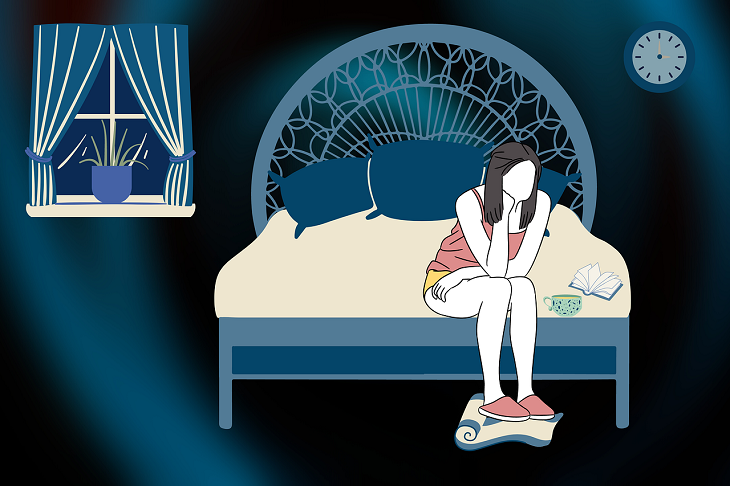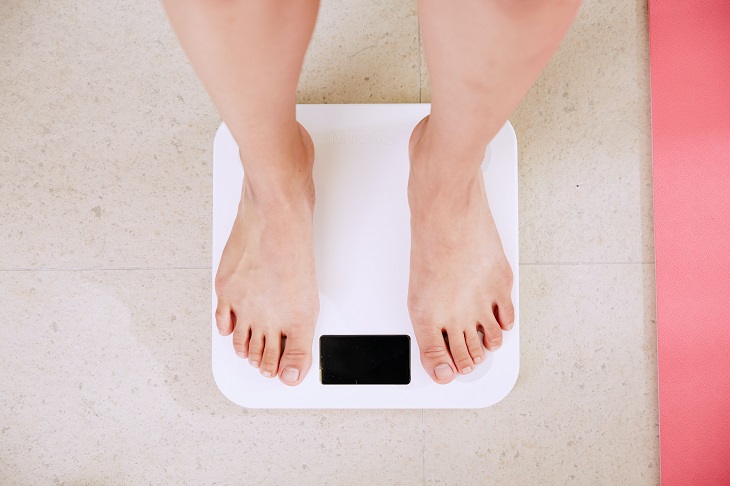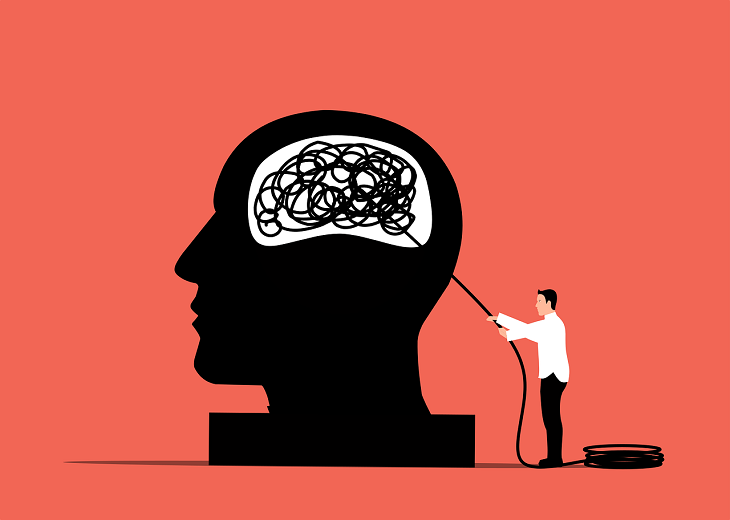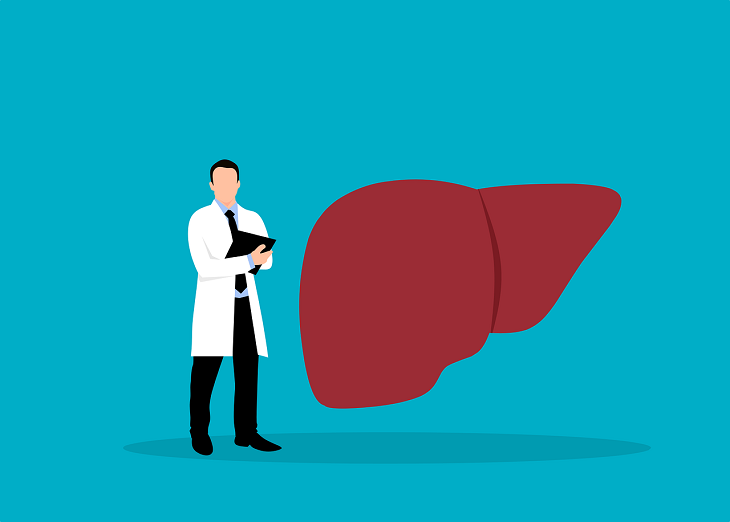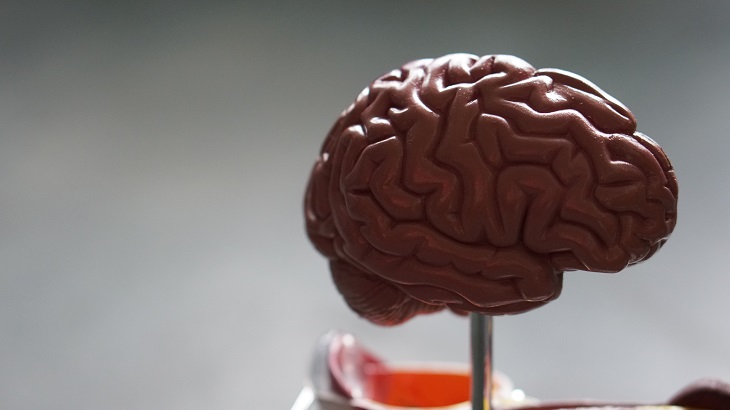If you find yourself feeling tired all the time, you’re not alone. Life can be insanely busy in this day and age. Many people tend to skip out on sleep to get more done, so it’s no surprise tiredness is so prevalent. However, there is a difference between feeling tired and feeling fatigued. One happens after a long and stressful week, while the other is often chronic and results in exhaustion no matter what you do.
Getting to the bottom of your excessive tiredness can be difficult because so many different things could be at play. To help, here are 11 possible reasons you may be feeling tired.
What causes fatigue?
Various things can cause fatigue, such as the following…
1. Sleep Quality
Most people assume that a lack of sleep is the culprit behind their tiredness, but that’s not always the case. Getting the recommended seven to nine hours a night is important – but you might as well be pulling an all-nighter if your sleep quality isn’t where it needs to be. Sleep quality is more important than quantity. As you cycle through the sleep stages, your body uses that time to repair and rejuvenate itself. Without good quality sleep that allows you to go through all of these stages, you’re going to feel tired. End of story.
2. Diet
What you eat plays a huge role in your energy levels. If you find yourself consuming a diet that lacks essential nutrients, your body is going to feel it. This leads to excessive tiredness. Some nutrient deficiencies are more closely connected to energy, such as:
- Iron
- B vitamins
- Vitamin D
- Vitamin C
- Magnesium
Imbalances in your diet can also contribute to chronic fatigue. For example, if you undereat, your body doesn’t get all the calories it needs to function. When it lacks calories, it lacks energy.

3. Stress
Being chronically stressed will severely deplete your energy levels. Research shows that people with chronic stress can develop stress-related exhaustion disorder. This disorder is marked by – you guessed it! – high levels of stress that cause severe tiredness. Learning stress reduction techniques can help combat this.
4. Medical Conditions
Not all medical conditions will lead to fatigue. However, some can zap your energy levels and keep you running on empty a lot of the time. If you feel tired all the time, you could simply have an undiagnosed disorder. Conditions such as sleep apnea, anxiety, and diabetes can all deplete your energy levels.
5. Caffeine
Many people drink caffeinated beverages to wake themselves up. But depending on the amount you drink, you could be doing yourself a disservice. Drinking too much caffeine throughout the day affects how well you sleep at night. This makes you more tired the next day. Then, you drink more caffeine to help wake up again – and the cycle continues. Reducing your caffeine intake can help break the cycle.
6. Dehydration
Staying hydrated is important for a variety of reasons. When it comes to fatigue, hydration (or a lack thereof) could play a large role. As the day goes on, the body uses its stores of water to help keep things running properly. If you fail to replenish yourself, your body has to work harder to perform those same functions. Because of that, you’re going to feel tired.
7. Weight
If you are carrying some extra weight, you may feel fatigued a lot of the time. This is because obesity can actually increase the risk of developing chronic fatigue. It also plays a role in other health disorders that could hinder your ability to get good quality sleep. Mood disorders, type 2 diabetes, and sleep apnea are all connected to obesity and sleep quality.
8. Drugs and Alcohol
Using drugs and alcohol or suffering from dependence can cause you to feel tired all the time. People who are dependent on substances are far more likely to suffer from fatigue than those who are not.

9. Work Schedule
The body runs on an internal clock that is set to daylight and nighttime hours. When the sun goes down, the body readies for sleep. When it comes back up again, your body gears up for another day. That’s all well and good for people who keep a typical 9–5 schedule – but for people who have varied hours, the body’s internal clock gets disrupted.
This internal disruption can lead to sleep disorders that drive excessive fatigue. When the circadian rhythm in the body isn’t cycling as it should, your body and mind will suffer from excessive tiredness.
10. Lifestyle
People who live sedentary lifestyles are often subject to chronic tiredness. Research has found that daily movement can make a big difference in your energy levels. In some cases, exercise can even improve symptoms of fatigue.
Basically, people who move more experience better energy levels, while people who fail to exercise regularly are often lacking in the energy department.
11. Medications
Medications are often behind chronic tiredness. Of course, this depends on the type of medication you take. Blood pressure and mood disorder meds are notorious culprits behind excessive tiredness. When looking at antidepressants, studies show that they can hinder sleep and lead to fatigue.
Feeling tired all the time is not fun and it can make even the simplest of tasks that much more difficult. If you’re suffering from chronic fatigue or tiredness, the best thing you can do is make an appointment with your doctor, who will be able to investigate further. When they come to a conclusion, you can work on restoring your energy levels.



